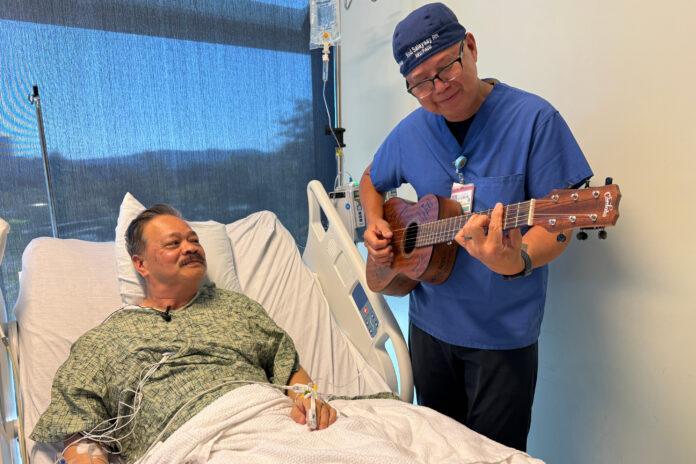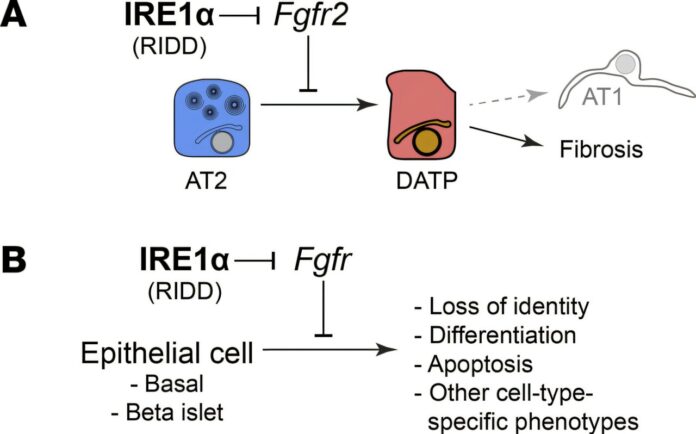Antibodies can improve the rehabilitation of people with acute spinal cord injury. Researchers at 13 clinics in Germany, Switzerland, the Czech Republic and Spain have investigated this with promising results. For the first time, it was possible to identify patient groups that displayed a clinically relevant treatment effect. A follow-up study will start in December 2024.
The study results have been published in The Lancet Neurology.
A multi-center clinical trial (NISCI trial: Nogo-A Inhibition in acute Spinal Cord Injury Study) investigated the antibody NG 101 (anti-Nogo-A), which blocks and thus neutralizes the body’s own Nogo-A protein.
Several international studies in animal models have shown that this Nogo-A protein inhibits the regeneration of damaged nerve fibers in the spinal cord following an acute injury. The antibody is intended to slow down these inhibiting mechanisms in the body and thus enable the injured nerve tracts to regenerate and the spinal cord to recover.
In all, 126 people aged between 18 and 70 took part in the clinical study. They were all suffering from acute complete to incomplete spinal cord injury in the neck region (so called tetraplegia, which also affects the arm and hand functions).
A total of 78 people were treated with the antibody that was injected directly into the spinal canal; the remaining 48 people received placebo. A complete treatment cycle consisted of six injections in parallel to comprehensive inpatient care.
The study was randomized, double-blind and placebo-controlled, i.e. neither those being treated nor those administering the treatment knew who received the antibody and who was given the placebo. The patients were randomly assigned to a group.
Significant improvements in patients with incomplete spinal cord injury
The recovery of motor functions in the hand-arm muscles of the patients was investigated in a standardized manner. These muscle groups are particularly important for everyday life in patients with tetraplegia. After six months, the effect on the treated and untreated (placebo) patients was compared.
The treatment did not improve the recovery of motor functions in patients with complete spinal cord injury.
In patients with incomplete spinal cord injury, the treatment led to significantly more improvement in the voluntary activation of the paralyzed muscles and in everyday-life functional independence.
The antibody was generally well tolerated, with no related side effects reported to date. The many years of research into antibodies in rehabilitation conducted under the leadership of Balgrist University Hospital are thus showing encouraging success.
These initial positive clinical findings in patients with acute tetraplegia must now be confirmed in further studies. A follow-up study with an improved antibody will start in December 2024. Patient subgroups with anticipated responsiveness to the treatment based on the results to date will be selected.
More information:
Norbert Weidner et al, Safety and efficacy of intrathecal antibodies to Nogo-A in patients with acute cervical spinal cord injury: a randomised, double-blind, multicentre, placebo-controlled, phase 2b trial, The Lancet Neurology (2024). DOI: 10.1016/S1474-4422(24)00447-2
University of Zurich
Citation:
Antibody leads to enhanced motor function in spinal cord injury patients: Clinical trial (2024, December 19)
retrieved 1 January 2025
from https://medicalxpress.com/news/2024-12-antibody-motor-function-spinal-cord.html
This document is subject to copyright. Apart from any fair dealing for the purpose of private study or research, no
part may be reproduced without the written permission. The content is provided for information purposes only.


